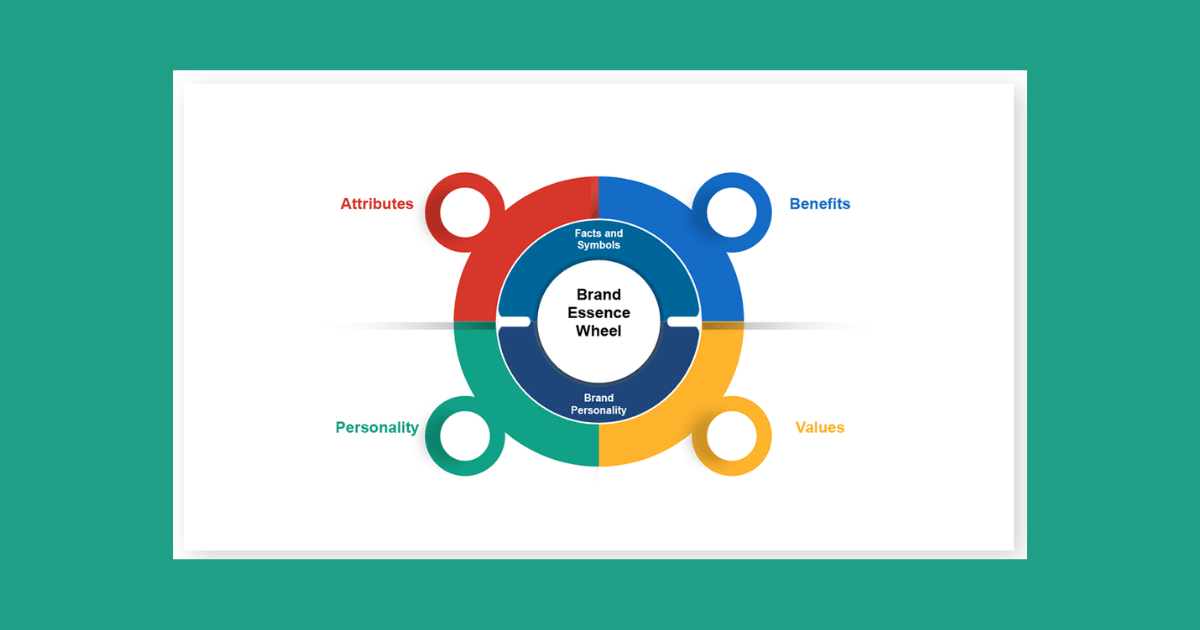Long-term success in the dynamic business world depends on standing out from the competitors. While products and services are important, a great brand strategy has the power to transform your company and take it to new heights. This article examines the reshaping potential of branding and how it can alter the trajectory of your company’s success.
Brand strategy and business success
The Essence of Branding:
The process of giving your company a unique and distinctive identity is at the heart of branding. It encompasses your company’s principles, personality, and reputation and goes beyond your company’s logo or motto. A well-crafted brand strategy aligns your business goals with customer expectations, creating a strong foundation for growth.
Building Trust and Credibility:
A powerful brand instills trust and credibility in the minds of consumers. When customers see a consistent and cohesive brand presence, it creates a sense of reliability and professionalism.
By delivering on your brand promises and consistently providing high-quality products or services, you build a reputation that customers can trust. Trust, in turn, leads to customer loyalty and advocacy, amplifying the success of your business.

Differentiation in a Competitive Landscape:
In a crowded marketplace, differentiation is key. Effective branding helps your business stand out from the competition. By developing a unique brand voice, visual identity, and brand story, you create a memorable impression on consumers.
Differentiation allows you to communicate your unique value proposition and create a niche for your business, attracting loyal customers who resonate with your brand.
Connecting Emotionally with Customers:
Branding is not just about rational decision-making; it taps into the emotional aspects of human behavior. A strong brand connects with customers on an emotional level, forging a deeper bond.
Your brand may speak directly to your target audience by taking into account their objectives, desires, and pain points. Emotionally engaged customers are more likely to develop a lasting connection with your business, becoming brand advocates and driving growth.
Increasing Perceived Value:
A well-established brand has the power to elevate the perceived value of your products or services. Customers are willing to pay more for your products when they identify your brand with quality, dependability, and innovation.
Effective branding creates a perception of value that goes beyond the features and benefits of your offerings. By positioning your business as a leader in your industry, you can command higher prices and achieve better profitability.
ٓEnhancing Customer Experience:
Branding is not limited to external communication; it also influences the internal aspects of your business. A strong brand identity sets the tone for the customer experience.
It guides your employees in delivering consistent and exceptional service, aligning their actions with the values and goals of your brand. A satisfying client experience increases loyalty and cultivates long-lasting relationships, which helps your organization succeed.
Expanding Market Reach:
Branding can open new doors and expand your market reach. Because consumers are more likely to recognize and trust a well-known brand, it is simpler to enter new markets or introduce new items. With a strong brand foundation, you can confidently explore growth opportunities, knowing that your brand reputation will pave the way for success.

Building Partnerships and Collaborations:
Branding not only attracts customers but also creates opportunities for partnerships and collaborations. A reputable brand can attract like-minded businesses and influential individuals who are eager to associate with your success. Collaborations can lead to increased brand visibility, access to new customer segments, and shared resources, all contributing to the growth and success of your business.
Flexibility and Adaptability:
A robust brand is adaptable to change and can evolve with the shifting business landscape. As your business grows and market trends evolve, your brand strategy can be adjusted to stay relevant. Whether it’s a brand refresh or a complete rebranding, flexibility allows your business to remain agile and respond to the ever-changing needs and preferences of your target audience.
Branding has the potential to transform your business’s success story by creating a strong and recognizable identity, building trust, differentiating from competitors, and connecting emotionally with customers. It enhances the perceived value of your offerings, improves the customer experience, expands market reach, and opens doors to partnerships and collaborations. You may create the foundation for long-term growth and success in today’s dynamic business environment by investing in a thorough brand strategy.
Frequently Asked Questions(FAQ):
What are the 4 elements of branding?
The four elements of branding are:
1. Brand Identity: This includes the visual elements of a brand such as logo, colors, typography, and design.
2. Brand Positioning: This refers to the unique place a brand occupies in the minds of customers relative to its competitors.
3. Brand Communication: It involves the messaging and communication strategies used to convey the brand’s values, personality, and offerings to the target audience.
4. Brand Experience: This encompasses the overall customer experience with the brand, including interactions, emotions, and perceptions at every touchpoint.
What is branding and its importance?
Branding is the process of creating a distinctive and consistent identity for a product, service, or business. It is the strategic effort to shape and influence how customers perceive and connect with a brand. Branding is important because it helps businesses differentiate themselves from competitors, build trust and credibility, foster customer loyalty, and create emotional connections with the target audience. It enhances recognition, increases perceived value, and plays a crucial role in shaping the success and reputation of a business.
What are branding and examples?
Branding is the practice of creating a unique and recognizable identity for a product, service, or business. It involves designing and implementing strategies to establish and communicate the brand’s values, personality, and offerings to the target audience. Examples of branding include iconic logos like the Nike swoosh, memorable taglines like Apple’s “Think Different,” and distinct visual identities like Coca-Cola’s classic red and white colors.
What is the definition of branding in marketing?
In marketing, branding refers to the process of creating a distinct and memorable identity for a product, service, or business. It involves various strategies and techniques to establish and differentiate the brand in the marketplace. Branding encompasses the visual elements, messaging, positioning, and overall perception of the brand in the minds of customers. It aims to create a strong and favorable association between the brand and its target audience, driving customer loyalty, preference, and ultimately, business success.
Related Articles:










